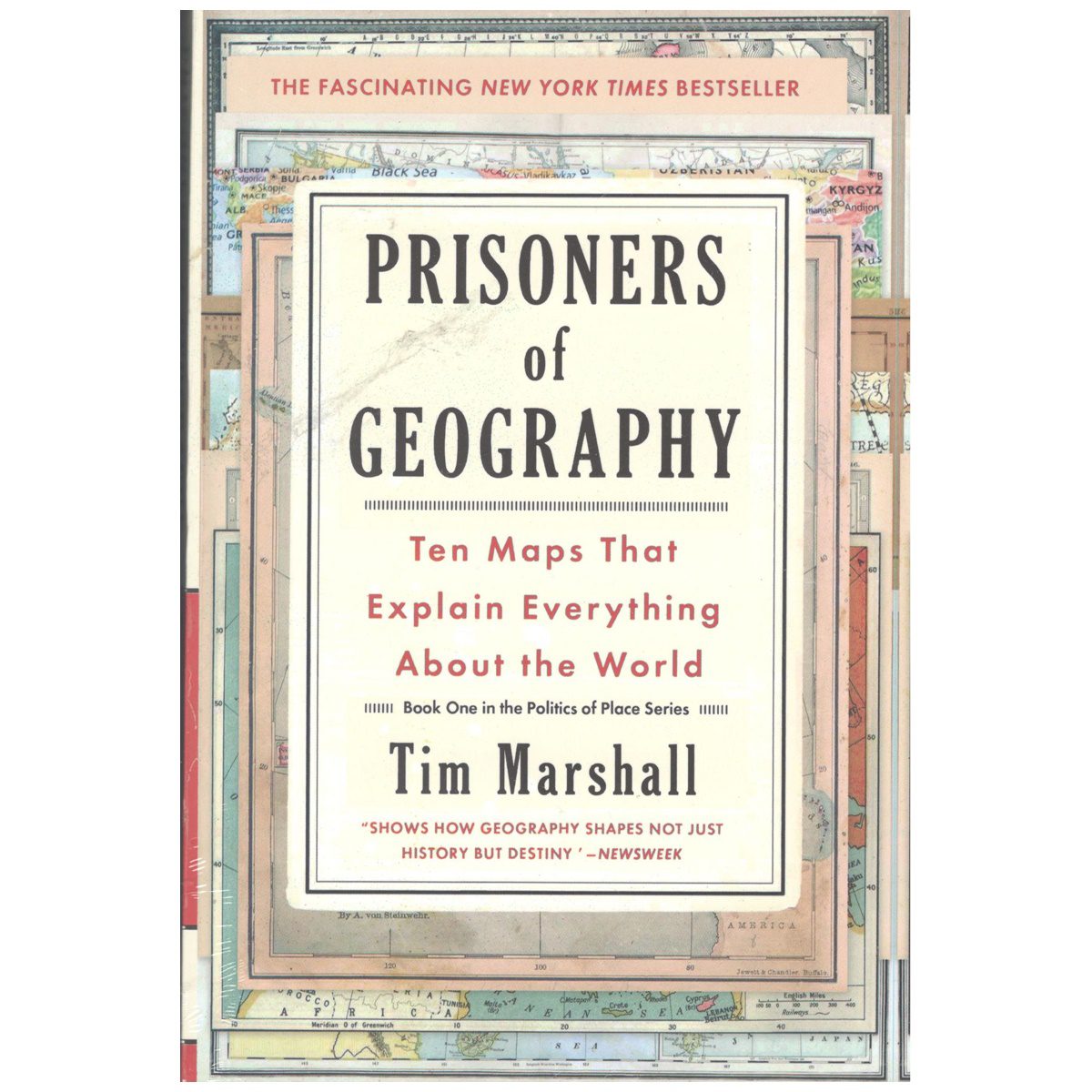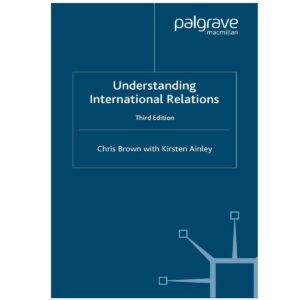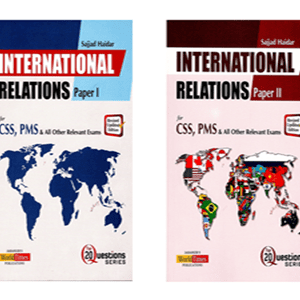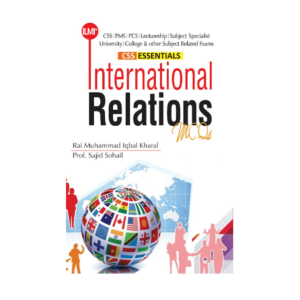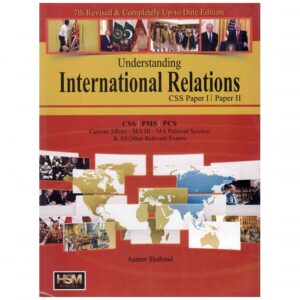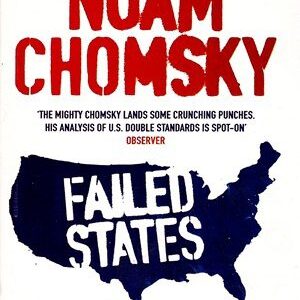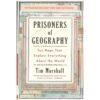Prisoners of Geography: Ten Maps That Explain Everything About the World (Politics of Place)
₨545.00₨850.00 (-36%)
Title: Prisoners of Geography: Ten Maps That Explain Everything About the World (Politics of Place)
Author: Tim Marshall
Pages: 210
Book: Paper Pack
How to Order Online? Call or WHatsApp 03336042057
Description
Prisoners of Geography: Ten Maps That Explain Everything About the World (Politics of Place). Vladimir Putin says he is a religious man, a great supporter of the Russian Orthodox Church. If so, he may well go to bed each night, say his prayers, and ask God: “Why didn’t you put some mountains in Ukraine?” If God had built mountains in Ukraine, then the great expanse of flatland that is the North European Plain would not be such an encouraging territory from which to attack Russia repeatedly. As it is, Putin has no choice: he must at least attempt to control the flatlands to the west. So it is with all nations, big or small. The landscape imprisons their leaders, giving them fewer choices and less room to maneuver than you might think. This was true of the Athenian Empire, the Persians, the Babylonians, and before; it was true of every leader seeking high ground from which to protect their tribe.
The land on which we live has always shaped us. It has shaped the wars, power, politics, and social development of the peoples that now inhabit nearly every part of the earth. Technology may seem to overcome the distances between us in both mental and physical space, but it is easy to forget that the land where we live, work, and raise our children is hugely important and that the choices of those who lead the seven billion inhabitants of this planet will to some degree always be shaped by the rivers, mountains, deserts, lakes, and seas that constrain us all—as they always have. Overall there is no one geographical factor that is more important than any other. Mountains are no more important than deserts, nor rivers than jungles. In different parts of the planet, different geographical features are among the dominant factors in determining what people can and cannot do. Broadly speaking, geopolitics looks at the ways in which international affairs can be understood through geographical factors: not just the physical landscape—the natural barriers of mountains or connections of river networks, for example—but also climate, demographics, cultural regions, and access to natural resources. Prisoners of Geography: Ten Maps That Explain Everything About the World (Politics of Place)
Factors such as these can have an important impact on many different aspects of our civilization, from political and military strategy to human social development, including language, trade, and religion. The physical realities that underpin national and international politics are too often disregarded in both writing about history and in contemporary reporting of world affairs. Geography is clearly a fundamental part of the “why” as well as the “what.” Take, for example, China and India: two massive countries with huge populations that share a very long border but are not politically or culturally aligned. It wouldn’t be surprising if these two giants had fought each other in several wars, but in fact, apart from one monthlong battle in 1962, they never have. Why? Because between them is the highest mountain range in the world, and it is practically impossible to advance large military columns through or over the Himalayas. As technology becomes more sophisticated, of course, ways are emerging of overcoming this obstacle, but the physical barrier remains a deterrent, and so both countries focus their foreign policy on other regions, while keeping a wary eye on each other. Prisoners of Geography: Ten Maps That Explain Everything About the World (Politics of Place)

